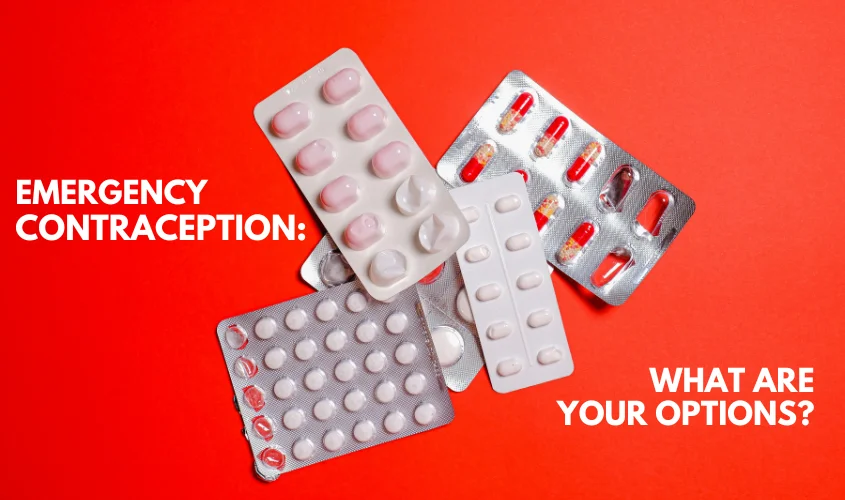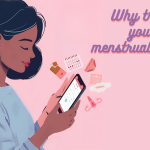A Comprehensive Look at Emergency Contraceptive Methods
When faced with an unplanned situation, understanding your options for emergency contraception is crucial. This guide provides a thorough overview of the various methods available, their effectiveness, and how to access them.
Understanding Emergency Contraception
Emergency contraception refers to methods that prevent pregnancy after unprotected intercourse or contraceptive failure. Remember, these options are not meant for regular use and should be utilized in urgent situations only.
Types of Emergency Contraceptive Options
There are several emergency contraceptive options available. Each method has its own mechanism and effectiveness:
- Emergency Contraceptive Pills (ECPs): These pills are most effective when taken as soon as possible after unprotected sex. They can be classified into two main types:
- Levonorgestrel (Plan B One-Step): This option is available over-the-counter. Take it within 72 hours after unprotected intercourse. It works by preventing ovulation.
- Ulipristal Acetate (Ella): This prescription pill can be taken up to 120 hours after unprotected sex. It is more effective than Levonorgestrel, particularly later in the time window.
- Copper Intrauterine Device (IUD): A copper IUD can be inserted by a healthcare provider within five days after unprotected intercourse. This method is highly effective and can provide ongoing contraception for up to 10 years.
- Emergency Contraceptive Injection: In some cases, a healthcare provider may offer an injection of progestin as a form of emergency contraception. This method is less common but can be discussed with a medical professional.
How Effective Are Emergency Contraceptive Methods?
The effectiveness of emergency contraceptive options varies:
- Emergency Contraceptive Pills: Levonorgestrel is about 75-89% effective when taken within 72 hours. Ulipristal is more effective throughout the 120-hour window.
- Copper IUD: This method has a failure rate of less than 1%. It is the most effective form of emergency contraception.
How to Access Emergency Contraceptive Options
Accessing emergency contraception can vary based on your location:
- Emergency Contraceptive Pills: Plan B is available over-the-counter at pharmacies without a prescription. Ella requires a prescription from a healthcare provider.
- Copper IUD: You will need to see a healthcare provider for insertion. It’s advisable to call ahead to ensure they offer this service.
Setting Reminders with the Selin App for Emergency Contraception
To ensure you never miss a chance to prevent unwanted pregnancy, consider using the Selin app. You can set reminders for:
- Taking emergency contraceptive pills
- Consulting with your healthcare provider for IUD insertion
Important Considerations for Emergency Birth Control
Before choosing a method of emergency contraception, consider the following:
- Understand the timing: Each method has a different timeframe for effectiveness.
- Consult with a healthcare provider: They can provide guidance tailored to your health needs.
- Emergency contraception is not the same as abortion: It works to prevent pregnancy rather than terminating an existing pregnancy.
Further Reading on Emergency Contraception
For more information on regular birth control options, check out our previous article on Birth Control Methods.
Being informed about your options for emergency contraception can empower you to make decisions that are best for your health and well-being. If you have any questions or concerns, consult with a healthcare professional.















